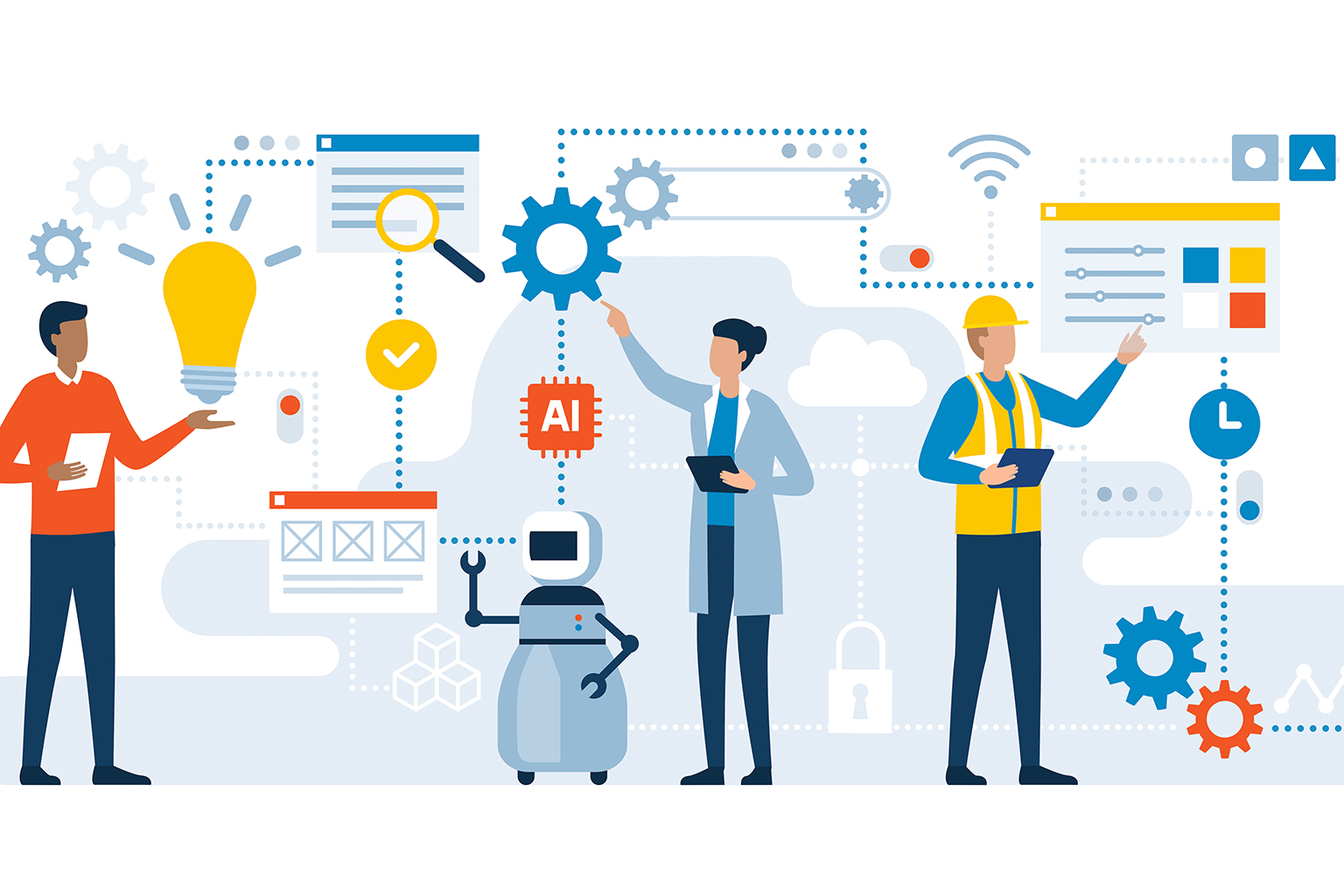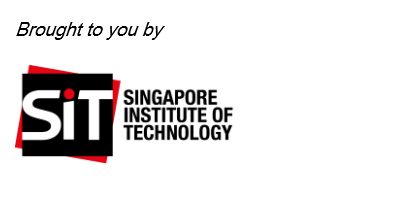BRANDED CONTENT
Want a career in AI, Machine Learning or Robotics? Here are 3 reasons why you should take up the Robotics Systems programme
Singapore Institute of Technology’s new Bachelor of Engineering in Robotics Systems equips students with core skills in AI, Machine Learning, Software and Systems Engineering

GRAPHIC: GETTY IMAGES
Follow topic:
Robots are becoming a part of everyday life, performing tasks ranging from delivering hotpot ingredients at Haidilao Marina Square, reminding people to keep a safe distance from one another at Bishan-Ang Mo Kio Park, to cleaning floors in malls.
Across many industries, robots are being deployed to assist humans with laborious tasks, or in dangerous jobs to keep workers safe. This trend of automation will only continue to grow as Covid-19 accelerates the transition to Industry 4.0. The adoption of frontier technologies such as Artificial Intelligence (AI) and Machine Learning is key to the successful transformation of our economy.
Singapore is the second most automated country in the world, after South Korea. According to the International Federation of Robotics (IFR), Singapore has 488 robot workers per 10,000 human employees, above the global average of 74. Furthermore, the country's robot labour force is expected to double this year.
In response to the growing demand for talent in robotics and automation, the Singapore Institute of Technology (SIT) has launched a new programme. Here are three reasons why the Bachelor of Engineering in Robotics Systems programme gives students an edge in the industry and improves their career prospects:
1. You'll be part of a talent pool that drives Industry 4.0 innovations
From meeting labour crunch challenges amid a rapidly ageing population to assisting humans in simple, everyday tasks, robots are being used in increasingly innovative ways. As new technologies emerge, the possibilities are unlimited.
To harness the potential unlocked by new technologies and ensure our young can ride the wave of disruption and innovation, SIT developed the Robotics Systems programme in consultation with the National Robotics Programme (NRP) and Economic Development Board (EDB) to grow Singapore's talent pool in robotics.
"Robotics is already widely used in manufacturing and we expect to see even greater adoption of industrial robots in the coming years. With advances in technology that enable robots to interact more naturally, intelligently and safely with humans in people-centric environments, there will be more robots expected in our service sectors and public spaces. We need to nurture more roboticists to support such increased adoptions and grow our robotics talent pool," says Professor Quek Tong Boon, chief executive, NRP.
"SIT is constantly growing its suite of programme offerings that are targeted at growth sectors of the economy. Robots are no longer just operating on the factory shop floor, but are also required to work for, and alongside humans in various field applications. Through this new Robotics Systems degree programme, SIT will nurture talents who will make robots operate safely and effectively in the field to benefit industry sectors such as the built environment, hospitality and healthcare," adds Professor Chua Kee Chaing, Deputy President (Academic) & Provost, SIT.
Singapore is also home to a growing number of local robotics start-ups, as well as local and global advanced manufacturing companies. Graduates from this programme will have a wealth of career options not just in Singapore, but abroad too.
2. You'll be able to use your skills across different disciplines to design holistic solutions with real-world impact
Students are trained with multi-disciplinary skill sets to not only develop service or field robots to tackle everyday challenges, but also form complete robotics solutions that take into account potential problems throughout the lifespan of these robots.
This is where Systems Engineering - a methodology with a framework that integrates various disciplines to develop and manage complicated system developments - comes in.
For a robot to work, both software and hardware need to come together. However, knowing how to integrate various parts to form a robot is not enough. At SIT, you'll hone software development skills and learn how to apply AI and Machine Learning to create intelligent systems that can not only operate in unfamiliar environments, but also without further supervision.
SIT's applied learning and project-based pedagogy also ensures that right from day one, you will get to put your knowledge into practice, and work on robotics systems projects in every trimester. This dynamic approach allows students to apply both technical skills such as systems management, and transferable skills such as project management.
You will eventually apply what you have learnt to your final year capstone project with industry professionals.
3. You'll gain valuable work experience before graduation
Acquiring significant work experience related to the field of your study will give you a strong edge. In a field like robotics, it is especially crucial to be able to show prospective employers what you have learnt and how you have applied it.
SIT's degree programmes include an Integrated Work Study Programme (IWSP) component, where students undertake a long work attachment in their relevant fields.
Students in the Robotics Systems programme have to complete a 12-month IWSP in their third year, putting them one step ahead of their peers in other universities.
From an employer's point of view, a longer work attachment allows them to assign students to work on longer-term, more impactful industry projects. Students then have the chance to work with professional robotic platforms used in large commercial projects, and across different industries.
As technologies evolve and robots become smarter, the demand for talent with practical experience and knowledge in engineering, software and the know-how to put everything together will only grow. Equip yourself with the skills to be ready for the industry of the future.
Apply for the September 2021 intake now
Application period: Now till March 19
Programme duration: 3 years 8 months
Campus location: SIT@Dover
Programme duration: 3 years 8 months
Campus location: SIT@Dover


